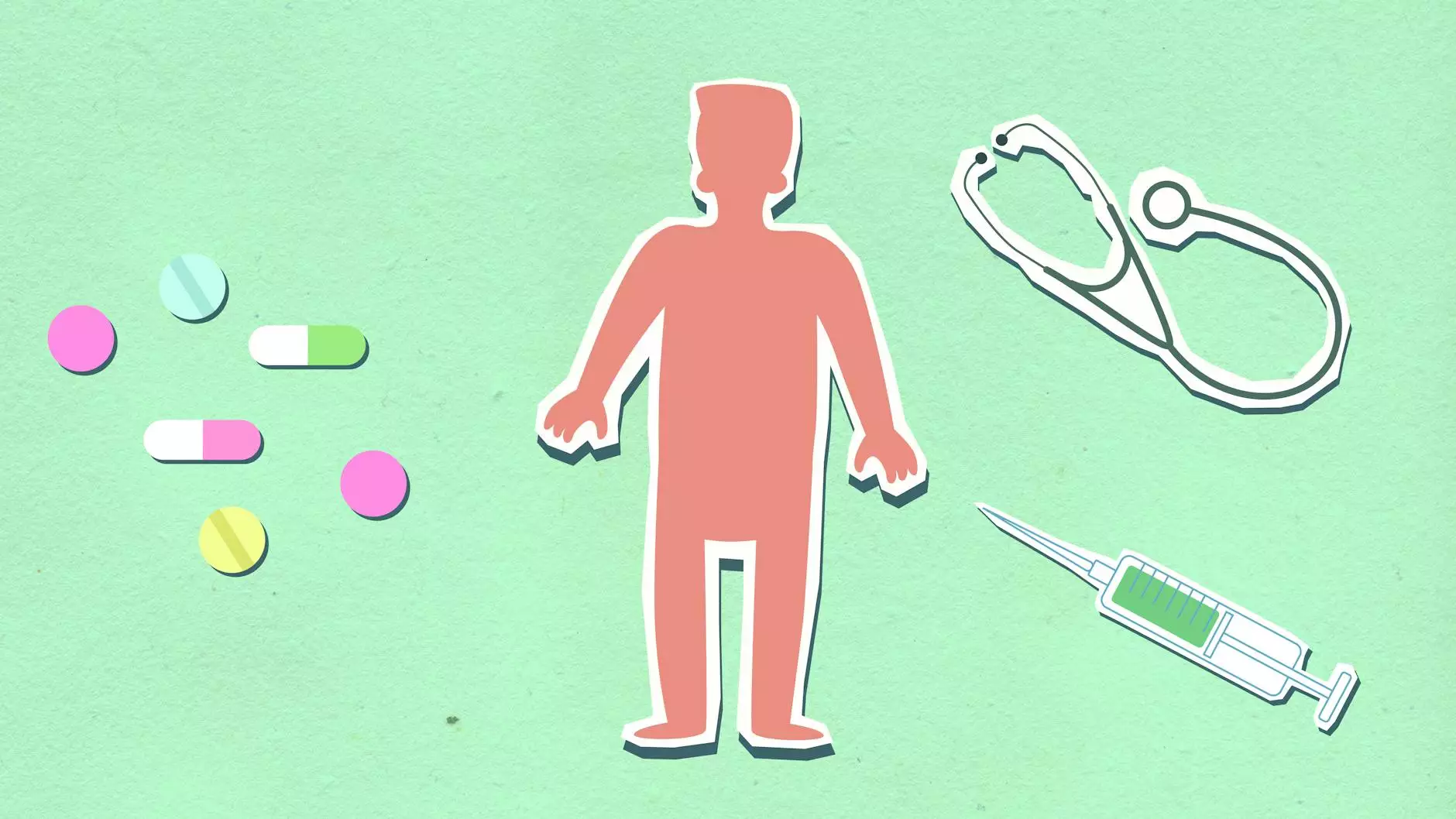Understanding Low Testosterone and Its Connection to Weight Gain

Introduction to Low Testosterone
Testosterone is a crucial hormone in the body, primarily known for its role in male sexual health, but it also significantly affects various other bodily functions in both men and women. Low testosterone, often referred to as hypogonadism, can lead to numerous health complications, one of which is unexplained weight gain. Understanding how low testosterone interacts with body weight can be a key factor in managing weight and overall health.
What is Testosterone?
Testosterone is a steroid hormone produced mainly in the testes in males and in smaller amounts in the ovaries and adrenal glands in females. It plays a significant role in many bodily functions, including:
- Maintaining muscle mass
- Regulating bone density
- Facilitating proper fat distribution
- Influencing mood and energy levels
- Contributing to libido and sexual function
As we age, testosterone levels naturally decline, which can lead to various physical and emotional symptoms, including weight gain.
Understanding Low Testosterone Levels
Low testosterone can be caused by numerous factors, including:
- Age: Testosterone levels peak in early adulthood and gradually decline over time.
- Medical conditions: Conditions such as obesity, diabetes, and certain hormonal disorders can impact testosterone levels.
- Lifestyle factors: Poor diet, lack of exercise, and substance abuse, such as excessive alcohol consumption, can lower testosterone.
- Stress and mental health: Chronic stress can lead to hormonal imbalances, affecting testosterone production.
How Does Low Testosterone Cause Weight Gain?
One of the most significant repercussions of low testosterone is its impact on body composition. Reduced testosterone levels can lead to:
- Increased Fat Accumulation: Lower testosterone levels can increase fat mass, especially in the abdominal area, as testosterone helps regulate fat storage and distribution.
- Decreased Muscle Mass: Testosterone is key in building and maintaining muscle. Lower muscle mass results in a slower metabolism, which contributes to weight gain.
- Reduced Energy Levels: Men with low testosterone often experience fatigue and reduced motivation to engage in physical activity, perpetuating a sedentary lifestyle and weight gain.
- Impaired Insulin Sensitivity: Testosterone influences how the body processes sugar. Low levels can lead to insulin resistance, making it harder to maintain a healthy weight.
Signs and Symptoms of Low Testosterone
Recognizing the signs and symptoms of low testosterone is vital for early intervention and management. Common symptoms include:
- Increased body fat, particularly around the abdomen
- Reduced libido and sexual dysfunction
- Fatigue and decreased energy levels
- Mood changes, such as depression or irritability
- Decreased concentration and cognitive functions
Diagnosis of Low Testosterone Levels
If you suspect that low testosterone might be causing your weight gain or other health issues, it is crucial to consult a healthcare provider. Diagnosis typically involves:
- Medical history review: Your doctor will discuss your symptoms, lifestyle, and any underlying conditions.
- Physical examination: A physical exam can help identify symptoms of testosterone deficiency.
- Blood tests: Blood samples will be taken to measure testosterone levels, usually conducted in the morning when levels are highest.
A thorough evaluation helps to rule out other potential causes of symptoms and confirm low testosterone levels.
Treatment Options for Low Testosterone
There are several treatment options available for managing low testosterone levels:
- Testosterone Replacement Therapy (TRT): This therapy involves administering testosterone through various forms such as injections, patches, or gels to restore normal levels.
- Lifestyle changes: Incorporating a healthy diet, regular exercise, and weight management strategies can help boost testosterone levels naturally.
- Addressing underlying conditions: Managing related health issues, such as obesity or diabetes, can also improve testosterone levels.
- Stress management: Practicing stress-reduction techniques such as meditation, yoga, or therapy can positively impact hormone levels.
Lifestyle Changes to Manage Weight and Testosterone Levels
While medical interventions are essential, lifestyle changes can significantly enhance the effectiveness of treatment. Here are some strategies to consider:
- Healthy Eating: Focus on a balanced diet rich in whole foods, such as fruits, vegetables, lean proteins, and healthy fats. Avoid processed foods high in sugars and unhealthy fats.
- Regular Exercise: Engage in both cardiovascular exercises and strength training to increase muscle mass, improve energy levels, and support healthy testosterone production.
- Maintain a Healthy Weight: Achieving and maintaining a healthy weight can have a positive impact on testosterone levels. Losing excess body fat can lead to significant improvements in hormone balance.
- Quality Sleep: Prioritize 7-9 hours of quality sleep per night. Poor sleep patterns can disrupt hormone production, including testosterone.
- Avoid Substance Abuse: Limiting alcohol intake and avoiding illicit drugs can contribute to better overall hormonal balance.
Conclusion
In conclusion, understanding the profound connection between low testosterone and weight gain is essential for those experiencing these challenges. By recognizing the symptoms, consulting with a healthcare professional for diagnosis, and making lifestyle modifications, individuals can significantly improve their hormonal health and manage their weight effectively. Embracing a holistic approach helps not only in addressing the physical aspects of low testosterone but also contributes to overall well-being.
© 2023 Australian Pharmacy - Your trusted source for health information and solutions.



